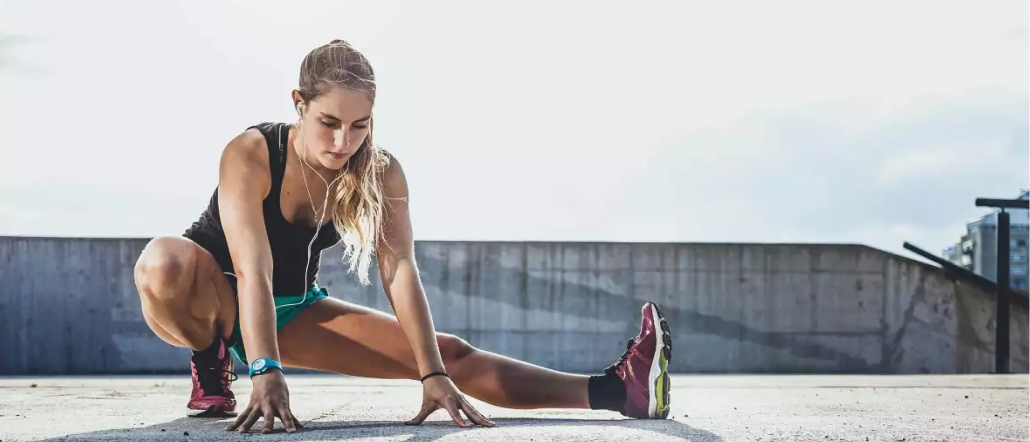
You probably already know some of the benefits of cardio. It can help improve your endurance, and many of us rely on it (along with strength training) to stay lean and mean. But cardiovascular exercise offers another huge advantage: it can help to lower your blood pressure.
It might not be a benefit we think about often, but that doesn’t mean it’s irrelevant. In this blog, let’s talk about how and why exactly cardio can lower your blood pressure, what kinds of exercises you can do (and what ones you should avoid), and how often you should engage in cardiovascular activities.
Quote: As your heart beats faster, your blood vessels expand to let more blood flow through. This helps your blood pressure stay stable.
Why Cardio Exercise Helps Lower Blood Pressure?
Before we can understand how cardiovascular training affects your blood pressure, we need to talk about blood pressure itself a little bit. The National Institute on Aging sums it up nicely. When we talk about blood pressure, we’re talking about “the force of blood pushing against the walls of arteries as the heart pumps blood.” It’s quite literally the pressure that your flowing blood puts against your artery walls.
If you have high blood pressure (hypertension), the force of blood against the walls of your arteries is high enough to potentially cause health problems, like heart disease. If you have low blood pressure (hypotension), you might experience symptoms like dizziness, nausea, and fainting

If you have high blood pressure (hypertension), the force of blood against the walls of your arteries is high enough to potentially cause health problems, like heart disease. If you have low blood pressure (hypotension), you might experience symptoms like dizziness, nausea, and fainting
What does this have to do with your heart and cardio exercise?
- Well, when you engage in cardiovascular activities, your heart rate speeds up. And as your heart beats faster, your blood vessels expand to let more blood flow through. This helps your blood pressure stay stable. Otherwise, your blood pressure — along with your heart rate — would be much higher. If your blood vessels didn’t expand, then the pressure between your blood and artery walls would be significantly greater. Your body would have a hard time circulating blood (and everything it carries, like oxygen and nutrients), and this could be quite dangerous.
- So, essentially, cardio helps you avoid hypertension because it makes your heart stronger. When your heart is stronger, it can pump blood through your body with less effort — meaning your circulation improves. When this happens, the force of blood pushing against the walls of your arteries decreases. And, finally, you can maintain lower blood pressure. Plus, your muscles will be better able to get oxygen from your blood, which also lessens the burden that the heart carries.
What does this have to do with your heart and cardio exercise?
- Well, when you engage in cardiovascular activities, your heart rate speeds up. And as your heart beats faster, your blood vessels expand to let more blood flow through. This helps your blood pressure stay stable. Otherwise, your blood pressure — along with your heart rate — would be much higher. If your blood vessels didn’t expand, then the pressure between your blood and artery walls would be significantly greater. Your body would have a hard time circulating blood (and everything it carries, like oxygen and nutrients), and this could be quite dangerous.
- So, essentially, cardio helps you avoid hypertension because it makes your heart stronger. When your heart is stronger, it can pump blood through your body with less effort — meaning your circulation improves. When this happens, the force of blood pushing against the walls of your arteries decreases. And, finally, you can maintain lower blood pressure. Plus, your muscles will be better able to get oxygen from your blood, which also lessens the burden that the heart carries.
Want to find out more? Check out our webpage.

